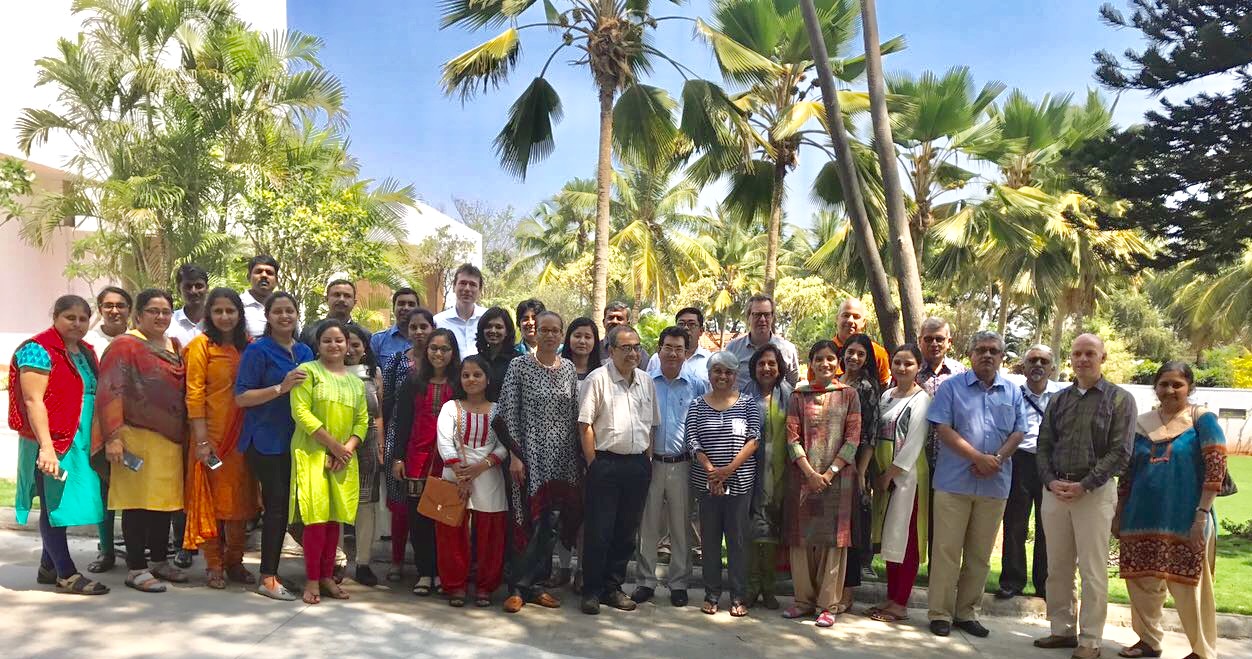Welcome to the cVEDA study!

Alcohol use disorders (AUD) account for a disproportionately high share of the health burden in India and other low- and middle-income countries. This increasing burden is linked to societal changes in emerging nations, which include growing availability of alcohol, greater normalization of use and rapid changes in socio-economic conditions. Individuals with externalising behaviour, which are characterised by altered brain activity during reward processing and behavioural control have a higher risk for AUD. AUD and externalizing disorders share moderate to high heritability with environmental factors being important contributors. While both environmental and genetic factors conveying risk and resilience have been identified it is not established to what extent these factors are dependent on the wider socio-cultural and psychosocial context they are embedded in, or whether they are influenced by epigenetic and genetic factors that are specific for certain ethnicities. It is therefore unknown to what extent environmental and genetic risk factors are similar or distinct in industrialised nations and emerging societies such as in India. Furthermore, some environmental risk factors are largely specific to emerging societies, including exposure to nutritional stress, environmental neurotoxins and culturally dependent forms of psychosocial stress.
The c-VEDA project proposes to investigate if environmental risk factors in industrialized countries and emerging societies that are embedded in a different socio-cultural and genetic (ethnic) context shape brain function and behavior in distinct ways, thus leading to different risk constellations and neurobehavioral trajectories for substance misuse and externalizing disorders. In order to address this aim, the project will establish a comprehensive database allowing comparative analyses of behavioral trajectories in childhood and adolescence, which will provide a platform for sustained India-UK collaborations in mental health research.
